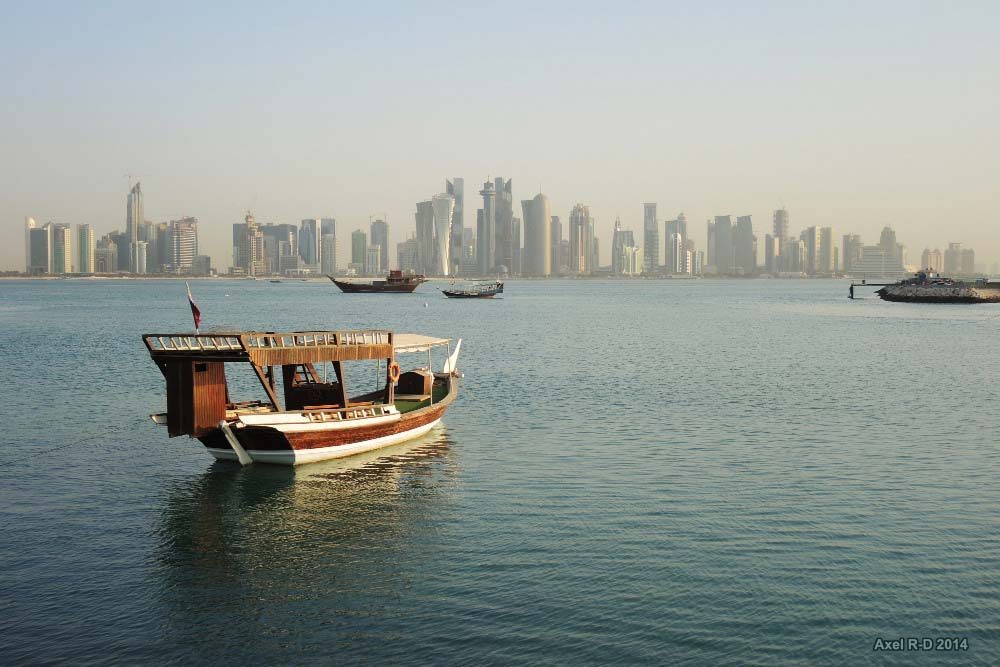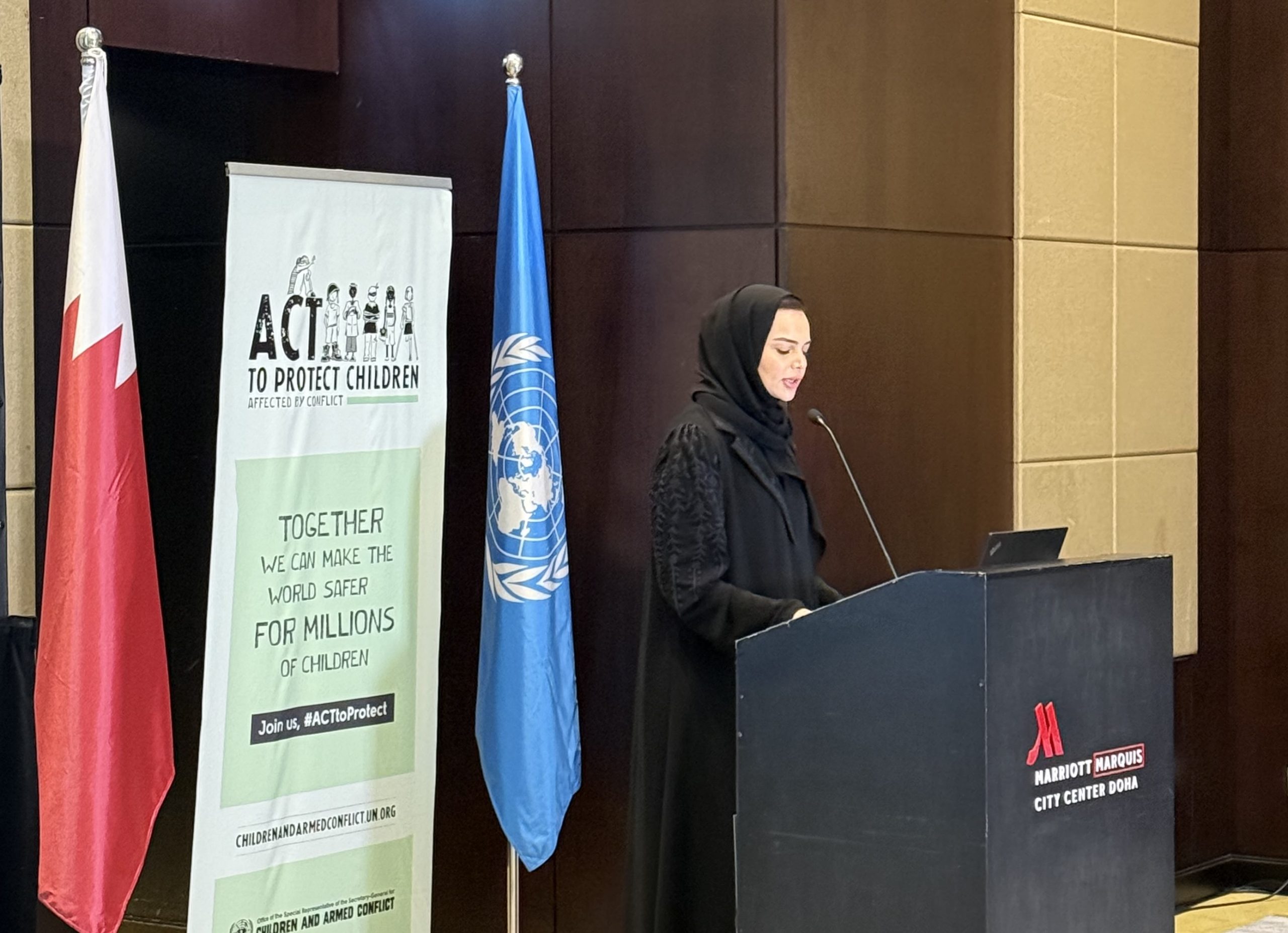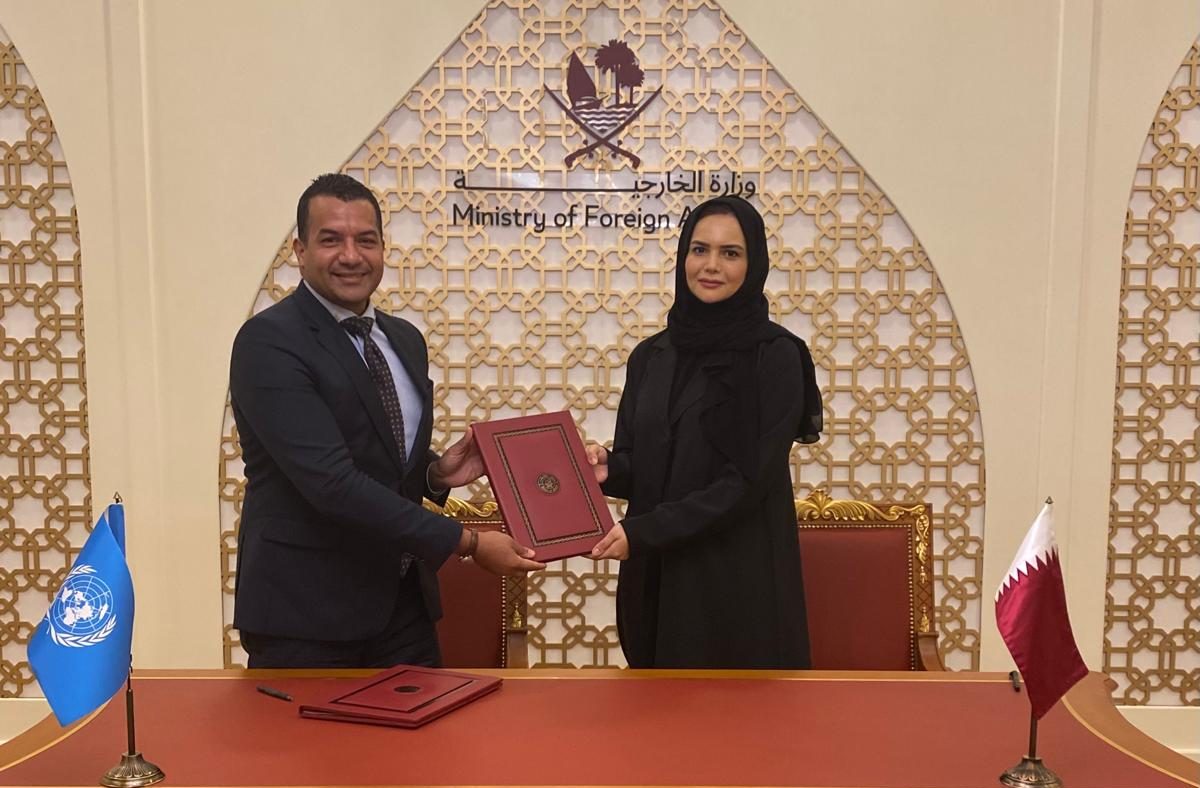
Qatar has retained its top position among Arab countries in the latest edition of the United Nations’ Human Development Report, a distinction it has held for at least the past three years.
Overall, Qatar came in 32nd place – tied with Cyprus – out of 188 countries in the UN’s 2015 report, which examines states’ achievements and progress in dozens of criteria including work and employment, education, health, the environment and human security.
According to the index, which was published yesterday, Qatar dropped one place in terms of the rankings, but its overall score of 0.850 was fractionally higher.

Other factors that influence the rankings are the well-being and richness of people’s lives, based on the opportunities and choices they have.
The main index scores and ranks countries according to life expectancy at birth, expected and mean years of schooling as well as gross national income (GNI) per capita.

Classified by the UN as being a state with “very high human development,” Qatar’s total human development index (HDI) score has increased from 0.729 in 1980 to 0.850 in 2014 – a rise of 16.6 percent or an average annual increase of about 0.45 percent.
This is due to Qatar improving across the main scoring categories over the 35 years:
- Life expectancy at birth increased by 5.6 years;
- Mean years of schooling increased by 4.7 years; and
- Expected years of schooling increased by 1.9 years.
Regional lead
Meanwhile, Qatar widened its lead in terms of the global ranking position from its Gulf neighbors, almost all of which dropped compared to the previous year.

Saudi Arabia came in second place among GCC states in 39th (down from 34th in 2014). It was followed by the UAE in 41st (40th in 2014), Bahrain in 45th (33rd last year) and Kuwait in 48th place (down from 36th).
Oman held the same position as last year, coming in at 52nd in the main table.
Globally, the list of top-ranked nations remains mostly unchanged from last year. Norway retained the top spot, followed by Australia and Switzerland. The United States came in 8th place, and the UK in 14th position.
While Qatar’s score of 0.850 is below the average of 0.896 for countries in the very high human development group, it is above average (0.686) for countries in the Arab states, the UN said.
Internal issues
While Qatar’s score on the main table is high, it dropped significantly in the rankings of some domestic issues such as the gender inequality index, where it now ranks 116th out of 155 states.

Despite a high percentage of females in Qatar with a secondary education (66.7 percent, compared to 59 percent of males), it scored poorly for its very low number of women holding parliamentary seats (0.1 percent).
Its position was also pulled down for its labor force participation score, with only half of women aged 15 years recorded as working, compared to 95.5 percent of men.
However, residents of Qatar have a strong sense of well-being, according to figures in the UN report, which examined satisfaction with healthcare and education, as well as their perceptions of safety and standard of living.
Qatar’s overall live-satisfaction score was 6.4 out of 10 (with 10 being the most satisfied). Nearly three-quarters (72 percent) of respondents said they were satisfied with the quality of education, 90 percent with healthcare, 86 percent with standard of living and 92 percent said they felt safe in the country.
Just under three-quarters (73 percent) of those who took part said they were in their ideal job – compared to 85 percent in top-of-the-table Norway and 61 percent in Saudi Arabia.
You can see a full version of the report here, and Qatar-specific details here.
Thoughts?







